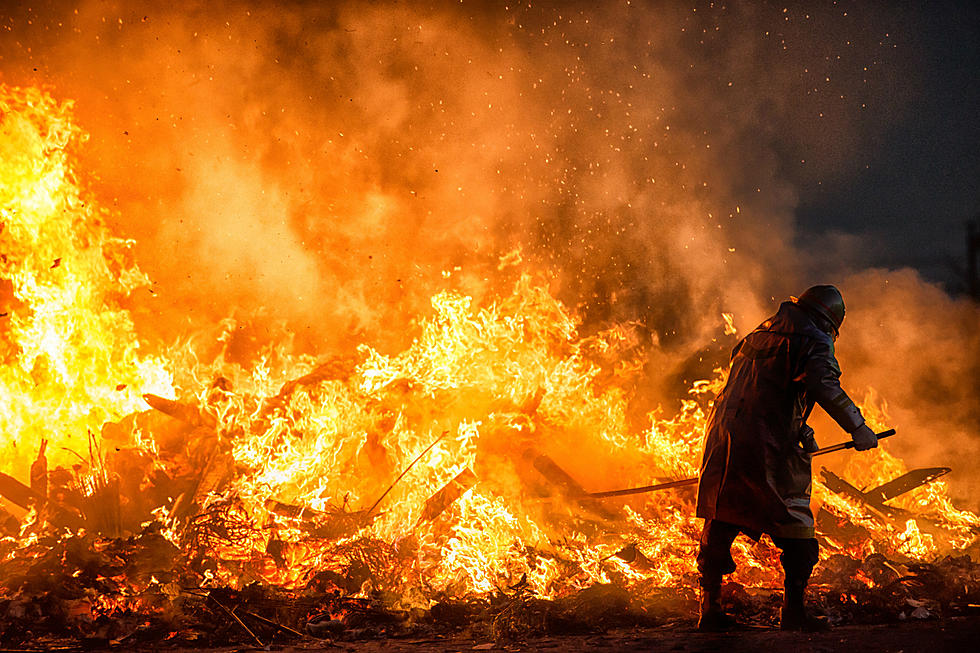
Sherburne County Looking for Public’s Input on Natural Hazards
ELK RIVER -- Sherburne County is looking to get your input on which natural hazards pose the greatest risk to the community.
The Sherburne County Sheriff's Office Emergency Management Department in connection with the University of Minnesota - Duluth Geospatial Analysis Center is updating the county's 2013 Multi-Hazard Mitigation Plan. The plan has to be updated and reviewed every five years to be able to receive federal funding for natural disaster assistance and other funding for hazard mitigation programs.
Derek Baas is the Sherburne County Emergency Management Deputy Director. He says the county is vulnerable to several types of natural disasters including tornados, wildfires, blizzards, ice storms, droughts, straight-line winds and flooding. Baas says getting the public's input now could decrease the severity of one of those potential natural disasters.
"We want them [the public] to come to us with some of their input, concerns or ideas of stuff that could be worked on throughout Sherburne County or updated throughout the county such as roads, culverts, or some power lines that might be hanging low or sideways."
Some of the basic questions the Emergency Management Department is asking the public are below.
- What are the natural hazards you feel pose the greatest risk to your community?
- Have you experienced a previous disaster event?
- What concerns do you have, and what sorts of mitigation actions or projects do you feel would help to reduce the damages of potential future events for your personal property, your community or the county as a whole?
Baas says don't overthink what you see every day, common occurrences might need some extra attention.
"If you see a road that needs to be updated. Or if you're always driving down the road and you see an area that's always flooded like there's just always water sitting there. Take note of that."
Two major possible natural disasters the county is always concerned with are a train derailment since the BNSF Railroad runs through the county as well as a failure at the nuclear power plant in Monticello. Baas says for both of those scenarios staff are being trained on new procedures to stay up to date in responding to those potential disasters.
To give your input reach out to Baas at derek.baas@co.sherburne.mn.us or 763-765-3508.
More From AM 1240 WJON









